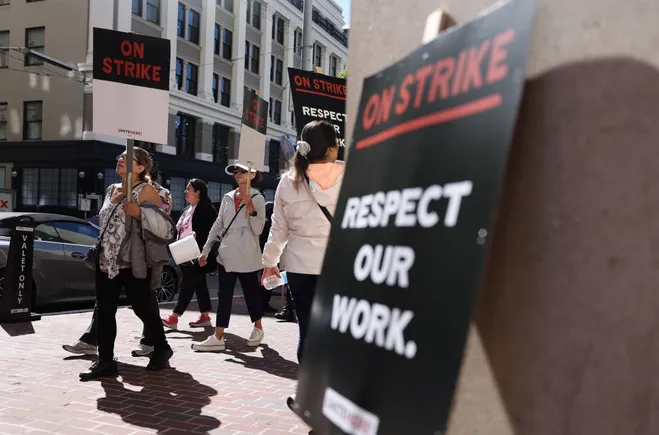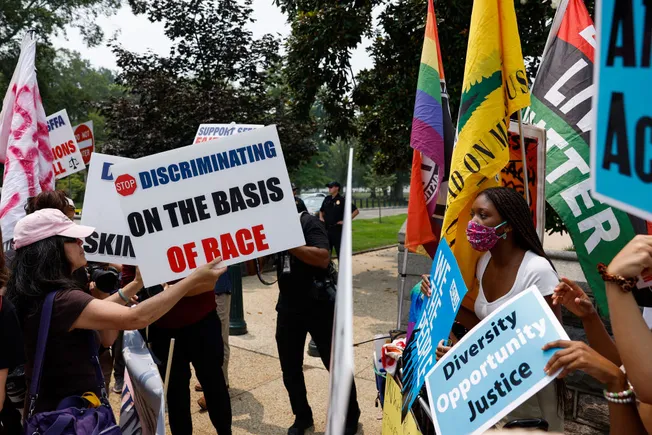Managers and front-line workers alike are reporting a lack of workforce change readiness and a surge in workplace psychosocial risks, according to a Dec. 5 report from meQuilibrium.
HR executives had the highest scores in emotional composure (83%), goal clarity (83%) and perceived personal benefits from change (63%). However, managers had notably lower scores across all measures, with 24% saying change makes them unsure of how to proceed. Similarly, workers reported the highest levels of anxiety toward change and the lowest openness to change.
“The ability to manage change effectively is no longer a luxury — it’s a necessity,” Jan Bruce, CEO and co-founder of meQuilibrium, said in a statement. “Successful organizations must shift from simply managing change to proactively preparing teams to be change ready by investing in specialized resilience programs that not only help employees survive change but thrive during it.”
In a survey of more than 6,700 employees and 248 HR executives, Generation Z workers were more likely to see change as normal yet reported higher anxiety around change and lower emotional stability than their older colleagues. In addition, Gen Z workers were more likely to report burnout and experience high job stress.
Among remote and hybrid workers, the well-being advantage has slimmed, with on-site employees reporting only slightly higher levels of physical discomfort and burnout. Systemic pressures, such as economic uncertainty, increased workloads and an accelerated pace of organizational change, have affected workers regardless of location, the report found.
In addition, more than half of workers said they face at least one significant psychosocial hazard at work, with 52% struggling to get help from supervisors and 43% saying work isn’t distributed fairly. As part of this, managers face a “psychosocial risk paradox” by experiencing 40% higher demands than nonmanagers and 59% higher emotional strain, while also needing to mitigate psychosocial risks within their teams.
Other reports have also shown that managers are facing increasing pressure from both leaders and direct reports, as well as more intense workloads. Although most managers told Perceptyx they’ve received formal training, a majority said they could use more coaching, which can improve engagement and lower stress levels, the report found.
Disruptive change, in particular, appears to be hitting managers the hardest, according to a Gallup report, leading to lower engagement, more burnout and higher turnover. Leaders can help by building trust and allowing managers to feel heard through informal conversations and internal communication forums, as well as by responding to employee feedback and communicating more frequently about change, the Gallup researchers said.
MeQuilibrium also recommended several strategies to increase workforce change readiness and reduce psychosocial risks, such as implementing two-way feedback mechanisms, providing targeted training to managers, fostering resilience through stress management initiatives and supporting Gen Z workers to build change-ready attitudes.





Leave a Reply